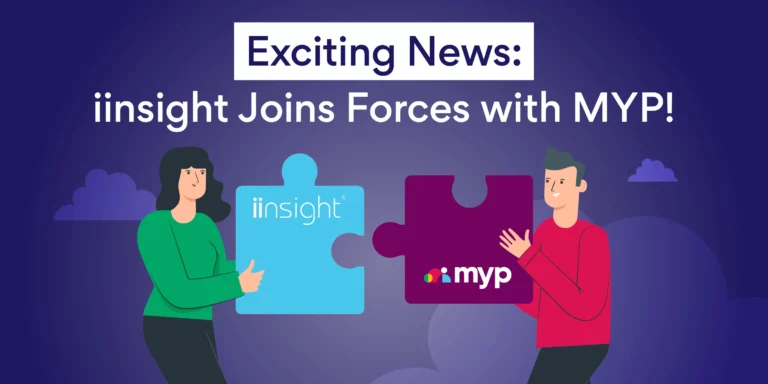One of the latest improvements in kinesiology and sports medicine is kinesiology software. It is a management program designed to improve and simplify the way kinesiologists work. If you are a kinesiology expert and you have not yet adopted this technology, it’s time to seriously consider it. And when you are ready to implement a kinesiology sports management program to your practice, be sure to get it from a reliable provider. Here are some of the reasons to start using it.
Monitor patients efficiently
Monitoring is a crucial part of the care that kinesiologists provide. It must be done efficiently and accurately for them to determine the reasons for imbalances in the body and identify the suitable technique that will trigger their patients’ natural healing capabilities. Cloud kinesiology sports management programs feature file management system that makes managing patient records and case files easy. Everything is stored in one place and accessible in the cloud. That way, duplicate information or repetitive data will be reduced. Inputting and updating data will be a lot easier, too.
Keep track of appointments
Aside from patient monitoring, kinesiology software can also improve the other aspects of your practice. It can help you stay on top of your busy schedule every day. It comes with various features such as appointment module and SMS notifications. These allow you to schedule and not miss any of your most important tasks such as patient appointments, staff meeting, and maintenance. Also, thanks to these features, you can oversee your staff and check if the progress of the tasks assigned to them.
Automate medical billing
This is another important aspect of your practice that you can improve using kinesiology software. Through it, creating your billings and invoices as well as collecting payment from patients or insurance have been made simple. The software has a system which allows your staff to update billing information in the field. Some programs are even ready for Medicare and DVA integration for faster claiming and simpler financial reporting for your practice.
https://www.iinsight.biz/kinesiology-therapy/











